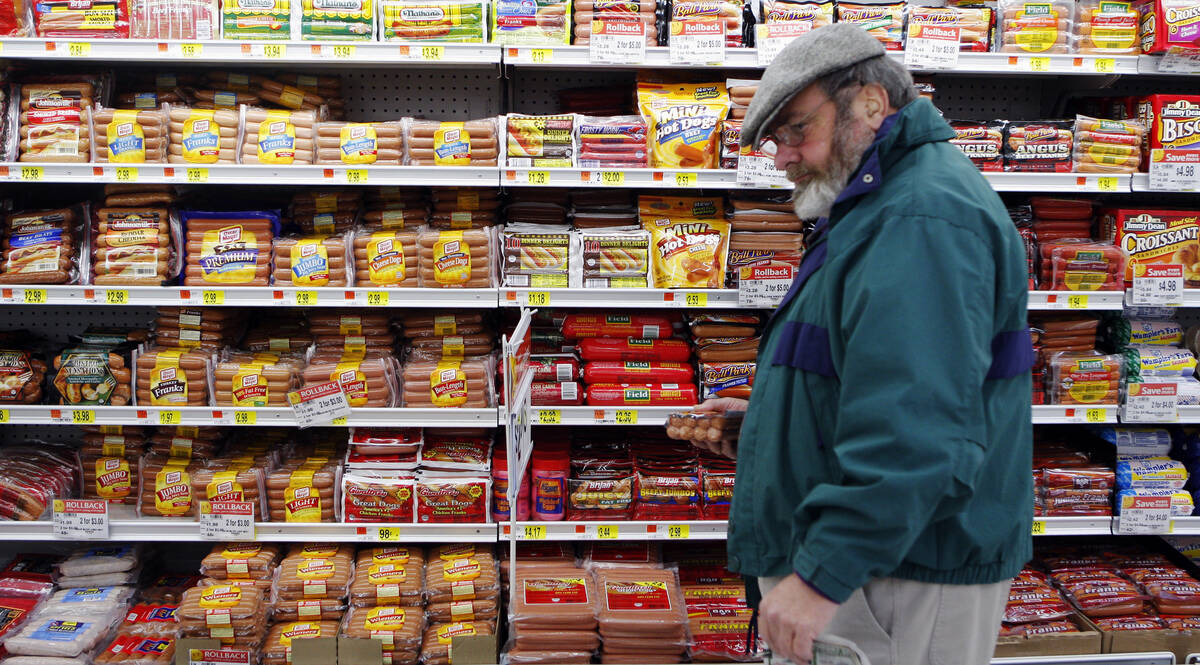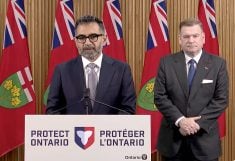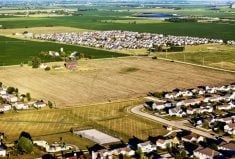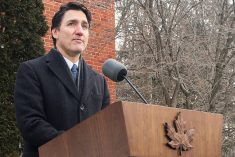Battles between the federal government and the provinces aren’t new.
First ministers’ meetings have always been venues where numerous fights and disagreements arose between Ottawa and its provincial and territorial counterparts.
In Ottawa circles, analogies to describe the meetings include the prime minister being “thrown into the lion’s den” as provincial leaders clamour to bring attention to their issues.
Former Prime Minister Stephen Harper avoided first ministers’ meetings altogether, preferring to work separately with provinces.
Prime Minister Justin Trudeau, who has spent the past three years trying to distinguish himself from his predecessor, has taken a different approach.
Read Also

Canada seventh-most influential country on agri-food
Report from Dalhousie University and MNP shows Canada ranks seventh among G20 countries on agri-food influence.
Three years ago, it was probably a little easier.
Most provinces and territories had left-leaning administrations, a reality that meant Trudeau and many of his provincial counterparts saw eye-to-eye on a number of issues.
Saskatchewan, which was then governed by Premier Brad Wall, was the main outlier and quickly earned the reputation for digging in its heels.
Today, the political landscape is very different.
Saskatchewan has a new premier, Scott Moe, who is following in his predecessor’s footsteps and vowing to defend the province’s interests — positions that often conflict with Ottawa.
Ontario was swept up in a blue wave, with voters electing Premier Doug Ford and his Progressive Conservatives with a majority government.
Then there’s the fact that many provinces have taken the federal government to court.
Saskatchewan and Ontario have asked the courts to wade in on the federal government’s proposed climate change plan, which would see the Trudeau government impose a carbon tax.
The carbon tax has also emerged as a key issue in New Brunswick.
Meanwhile, Prince Edward Island has said its climate change plan will not include a carbon tax.
Then there’s British Columbia’s Premier John Horgan, whose NDP minority government has managed to survive longer than many people expected, thanks to support from the B.C. Green Party.
Horgan has taken Ottawa to court over the Trans Mountain pipeline, which the federal government bought after Texas-based Kinder Morgan threatened to back out.
That’s a $4.5 billion purchase the feds were not anticipating. It’s also turned into a major headache for the Trudeau government.
The Federal Court of Appeal ruled Aug. 30 that the federal government did not properly consult with indigenous Canadians before approving the project. The courts said Ottawa needed to address those areas before the project could continue.
The court ruling has infuriated Alberta, where industry has been trying to get the province’s oil resources to tide water for years.
On the same day the court ruled Ottawa had failed to consult on the project, Alberta Premier Rachel Notley told reporters in Edmonton she was pulling the province out of the federal government’s climate change plan.
The pact, she said, is worthless without Alberta at the table, adding the federal government needs to clean up the Trans Mountain mess.
The federal government has threatened to withhold environmental funding from provinces that do not sign on to the climate change plan. Provinces had until Sept. 1 to present their plans.
Trudeau plans to hold a first ministers meeting this fall. That meeting is supposed to focus on the economy.















